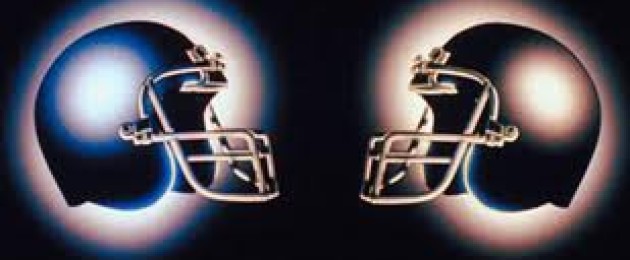Sports Injuries and Liability
Playing some sports is inherently dangerous, and injury might be reasonably expected as a result. Other sports, however, don’t appear to carry an obvious risk of injury, and sports injuries might catch participants by surprise. Whether you’re prepared for an injury or not, the question of sports injuries and liability can be very murky. Things like damage wavers, professional contracts, the circumstances of the injury, where it occurred and the long-term consequences can all play a role in determining liability.
might catch participants by surprise. Whether you’re prepared for an injury or not, the question of sports injuries and liability can be very murky. Things like damage wavers, professional contracts, the circumstances of the injury, where it occurred and the long-term consequences can all play a role in determining liability.
Sports Injuries and Wavers of Liability
To participate in many sports, you may be required to sign a waver of liability. This basically says that you understand that participating in the sport might be dangerous, and you agree not to hold the named parties liable if you’re injured. Wavers of liability may protect the coach, the organization or school, or the location or venue.
While the specifics vary from state to state, a waver of liability is usually enforceable, meaning you may not be able to recover if you were injured after signing a waver. However, in some cases, a waver may be invalid for one of several reasons, including: illegal content or format, fraud or misrepresentation, gross negligence or recklessness or products liability. If you have signed a waver of liability, you should consult an experienced Dallas injury attorney at Parker McDonald to determine if it’s enforceable or if you may still hve a right to recover.
Contact vs. Non-Contact Sports
Under most circumstances, sports are considered to carry an inherent degree of danger. When you participate in sports, you agree to assume that danger, and accept liability in the event of an injury. However, courts have made a distinction between contact and non-contact sports. Participation in contact sports involves a certain amount of assumed risk, meaning you expect you might get injured by participating in contact sports. However, when you participate in non-contact sports, injury may not be reasonably expected. In these cases, if you are injured, there may be a liability case. The most important thing to do if you or someone in your family has suffered a serious injury is to seek proper medical attention.

